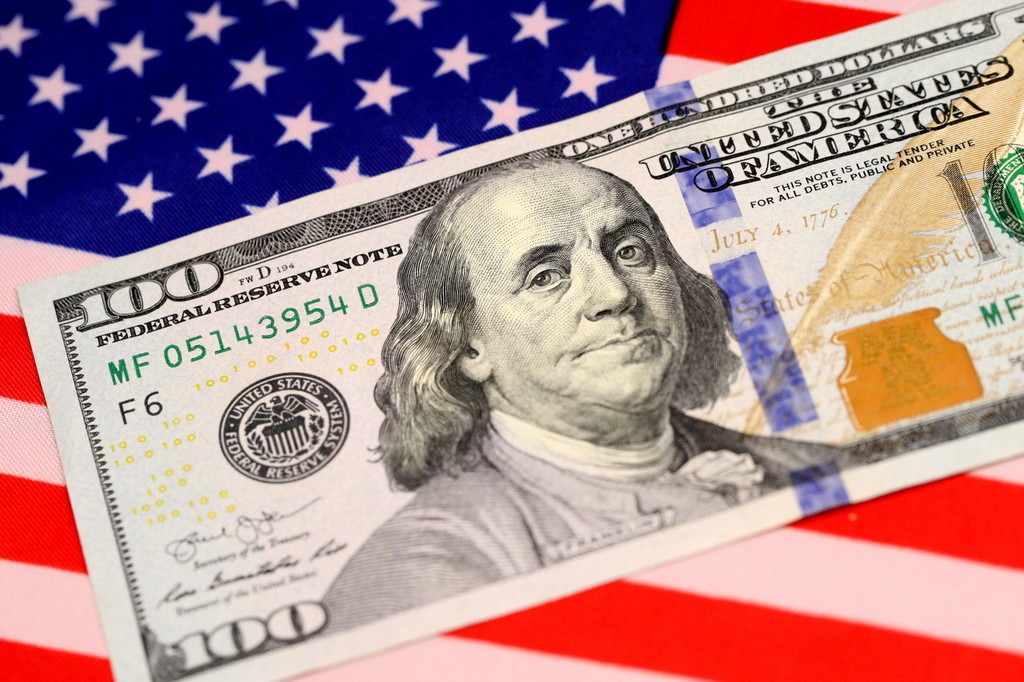Manufacturing in US recedes amid trade fight


Purchasing managers index shows lower confidence, first contraction since 2016
US manufacturing contracted in August for the first time in three years, as a protracted trade war with China eroded manufacturers' confidence, according to a new business survey.
The US Purchasing Managers' Index (PMI) slumped to 49.1 in August, the fifth straight monthly decline, which capped a 35-month expansion cycle and was the lowest since January 2016, according to a report released by the Institute for Supply Management on Tuesday.
PMI gauges the performance of the manufacturing sector. A reading below 50 indicates contraction.
In contrast, China's PMI increased to 50.4 last month from 49.9 in July, according to the Caixin China General Manufacturing Purchasing Managers' Index released Monday.
Timothy Fiore, chair of the Institute for Supply Management's manufacturing business survey committee, said, "Comments from the panel reflect a notable decrease in business confidence."
The institute's new export orders index, a proxy of overseas demand, "contracted strongly" to read at 43.3 in August, the lowest in a decade, according to a news release from the institute.
"Respondents expressed slightly more concern about US-China trade turbulence, but trade remains the most significant issue, indicated by the strong contraction in new export orders," Fiore said.
In the release, the institute quoted several executives who listed tariffs and fear of a recession as their major concerns.
"While business is strong, there is an undercurrent of fear and alarm regarding the trade wars and a potential recession," an unnamed executive of a chemical products company said in the survey.
A furniture and related-products manager told the institute: "Incoming sales seem to be slowing down, and this is usually our busiest season. Concerns about the economy and tariffs."
Another responder, representing computer and electronic products companies, said, "Tariffs continue to be a strain on the supply chain and the economy overall."
The PMI was released two days after a new round of US tariffs on imported Chinese goods, mostly consumer products, took effect Sept 1.
The new data showing the US factory activity shrank precipitated selling on Wall Street. Both the Dow Jones Industrial Average and the Nasdaq Composite lost 1.1 percent in trading Tuesday.
Gary Hufbauer, a senior fellow and trade expert at the Peterson Institute for International Economics in Washington, said the trade war has damaged business confidence, cutting into capital expenditures.
"In turn, that has reduced demand for manufactured goods. Moreover, the trade war has strengthened the dollar in FX (foreign exchange) markets. Again, this reduces demand for US manufactured goods," Hufbauer told China Daily.
Hufbauer said the situation is "mildly worrying", as the manufacturing sector accounts for about 11-12 percent of the US economy. "That will cut back the number of new jobs each month, and gradually erode consumer confidence," he said.
Asked if there is anything that could be done to reverse the situation, Hufbauer said, "To reverse the situation, Trump has to do a U-turn on trade policy, and that's not likely. Not at all."
Simon Lester, associate director of the Herbert A. Stiefel Center for Trade Policy Studies at the Cato Institute, a Washington think tank, also said the situation in the manufacturing sector is worrisome.
"But fiscal deficits and low interest rates may be enough to keep the economy growing in the short term," he said.
Douglas H. Paal, distinguished fellow of the Asia Program of the Carnegie Endowment for International Peace, said Trump's policies haven't rewarded reinvestment in manufacturing.
"Entrepreneurs have taken the government's signals to heart and are avoiding investment that may be subject to unstable trade policy impulses," Paal said. "Predictable policy to support manufacturing would do just that. Trump's efforts are the opposite of predictable."

































